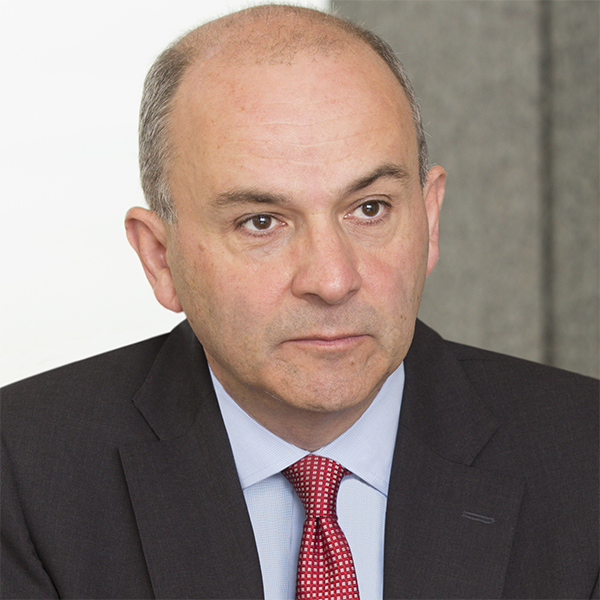Consensus is suggesting Europe has solved its inflation problems and substantial rate cuts are imminent – but is this realistic given how far economists and markets underestimated the recent price surge and policy tightening?
23 January 2024
Implied policy rates (%), Nov 2023 versus Jan 2024: UK and Europe


Data as at 19 Jan 2024. Source: Bloomberg
According to Capital Group economist Robert Lind, concerns are based around two problems.
First, we do not have a reliable model of inflation. The recent surge reflected a complex combination of demand and supply factors following the pandemic and the Russia-Ukraine war, and the dramatic policy responses to these shocks. While headline and core inflation rates have moderated from their peaks, it is not yet clear whether they will stabilise at target levels.
Second, we do not know how central bank policy will react to incoming news on economic activity and inflation. The shocks of the last few years have made it much harder to discern ‘reaction functions’ at the ECB and BoE.
Doves will remember the post-global financial crisis (GFC) period when inflation was too low and monetary policy struggled to counter the effects of weak underlying demand and excessively tight fiscal policy. Hawks will look back to the early 1970s when central banks accommodated a breakdown of the post-war policy framework and demand and supply shocks destabilised inflation.
Whether hawkish or dovish, however, it would seem prudent to wait until there is clear evidence inflation is sustainably at target.

Robert Lind is an economist with 37 years of investment industry experience (as of 12/31/2024). He holds a bachelor's degree in philosophy, politics and economics from Oxford University.

